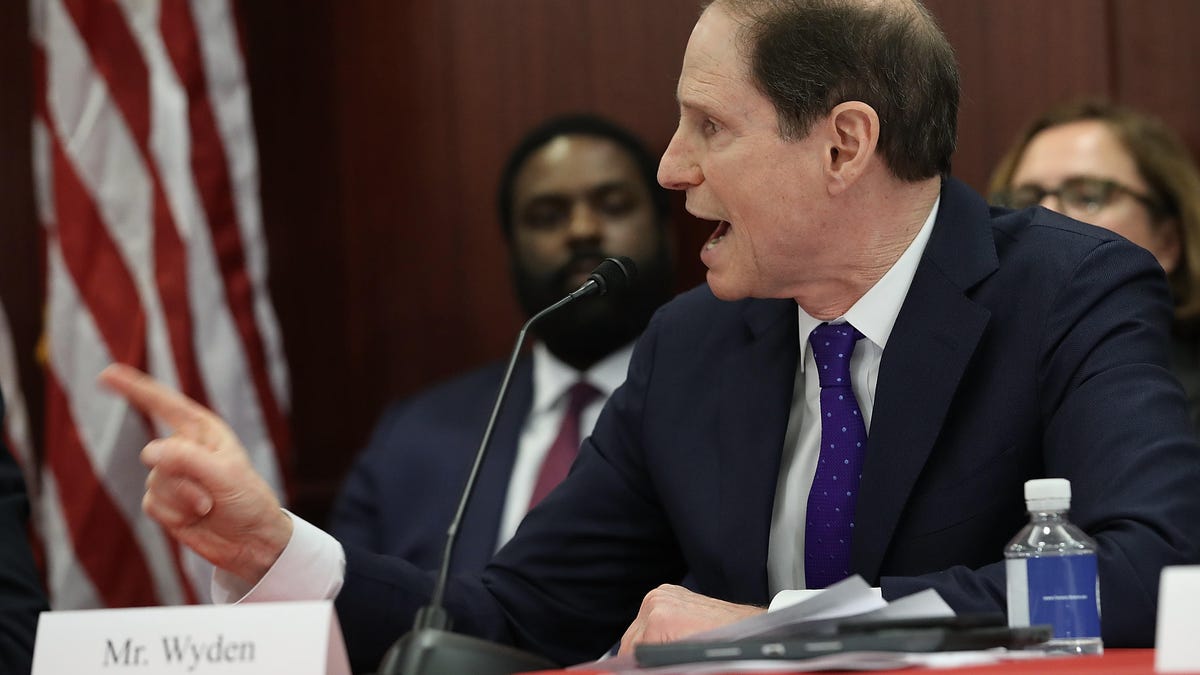Senator asks FCC if police phone tracking devices disrupt 911 calls
Sen. Ron Wyden wants Ajit Pai to say whether Stingray devices could interfere with innocent people's phones.

Sen. Ron Wyden has questions for the FCC.
Stingrays are surveillance tools used by the FBI and police across the US. Sen. Ron Wyden wants to know if they're messing with your phone calls.
The Democrat from Oregon submitted a letter on Tuesday to Federal Communications Commission Chairman Ajit Pai, requesting information on how the phone tracking devices could interfere with calls to 911, with internet access and with gadgets like hearing aids.
Stingray setups pretend to be cellphone towers while they're actually snooping on nearby devices, intercepting calls and text messages. Because Stingrays, otherwise known as IMSI catchers, are subject to FCC regulation, Wyden wants to know how they've been tested for public use.
Wyden has called out Stingrays' potential invasion of privacy in the past.
After the senator requested answers from the Department of Homeland Security last November, the agency acknowledged that it had discovered Stingray devices in Washington, potentially spying on US leaders.
The DHS told the senator that it didn't test to see whether its Stingrays would interfere with normal calls and emergency services.
"The FCC has an obligation to ensure that surveillance technology which it certifies does not interfere with emergency services or the mobile communications of innocent Americans who are in the same neighborhood where law enforcement is using a cell site simulator," Wyden wrote in his letter.
The FCC said it's received the letter and are reviewing it.
Wyden presented seven questions to the FCC, asking it it tests to ensure that Stingrays don't disrupt 911 calls, non-emergency calls or internet service; how Stingrays affect your phone's battery life and signal; and what effect Stingrays have on hearing aids and emergency alerts.
The letter requests an answer by July 13.
Meanwhile, Wyden has also included an amendment on a bill that would require the Department of Defense to notify Congress' armed services committees about Stingrays it's found near military facilities in the last three years. The amendment also requires a report on what steps the Defense Department has taken to protect military personnel and family members from being spied on.
"Our men and women in uniform shouldn't have to wonder if their calls and texts are being scooped up by foreign spies," Wyden said in a statement.
Originally published at 10 a.m. PT on June 26.
Updated at 11:49 a.m. PT: To include comments from the FCC.
Security: Stay up-to-date on the latest in breaches, hacks, fixes and all those cybersecurity issues that keep you up at night.
CNET Magazine: Check out a sample of the stories in CNET's newsstand edition.

